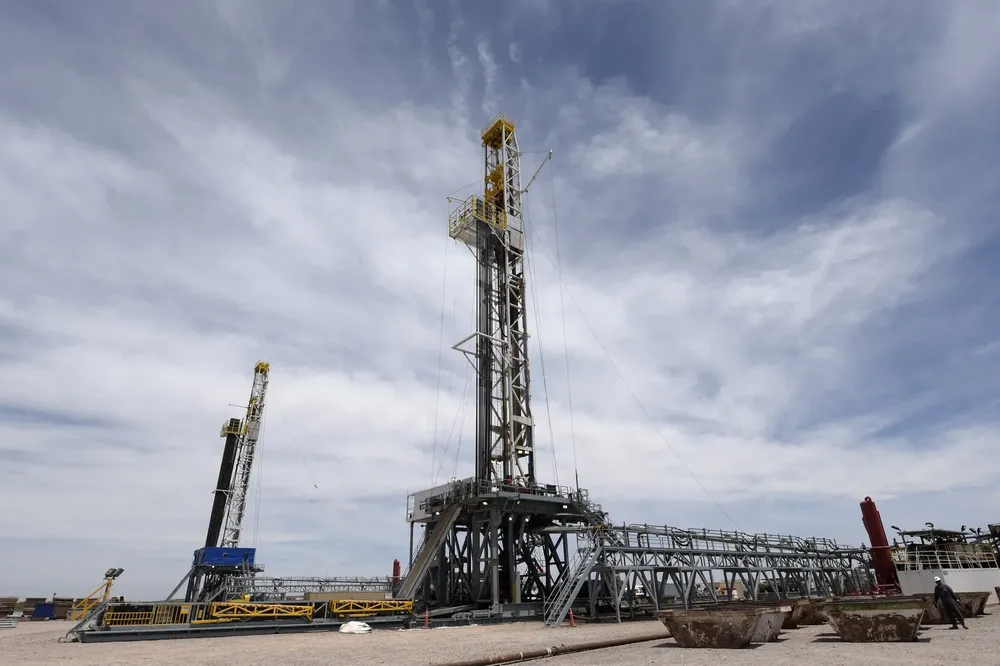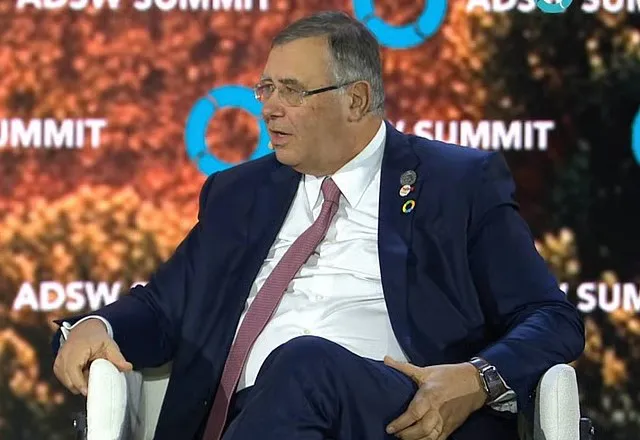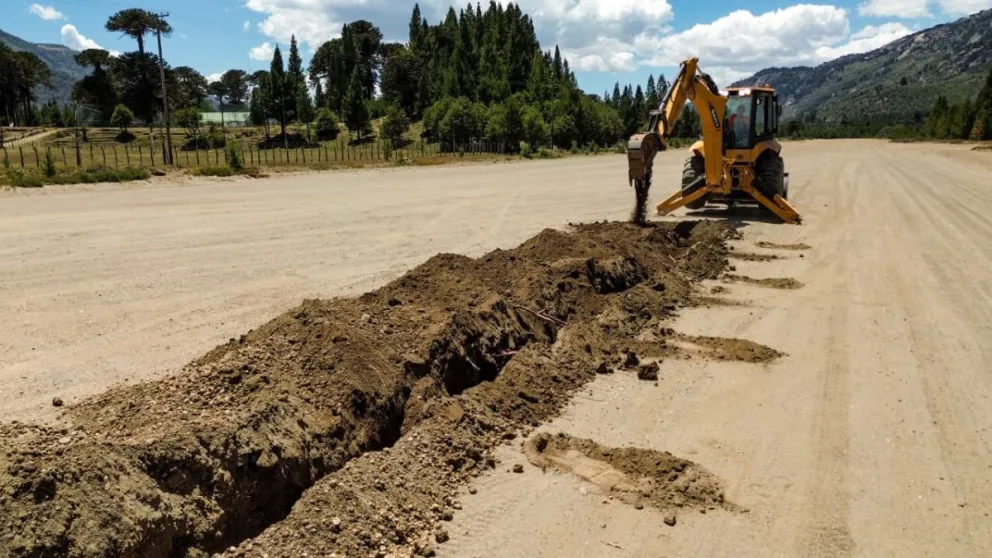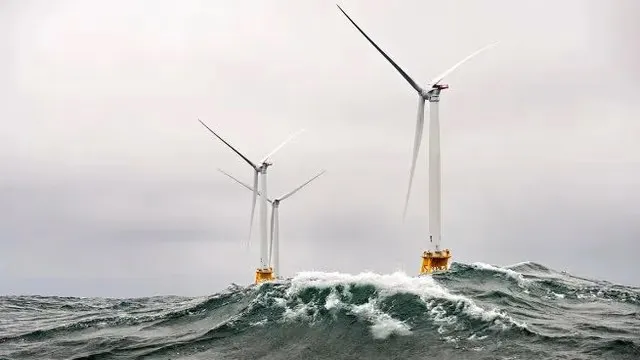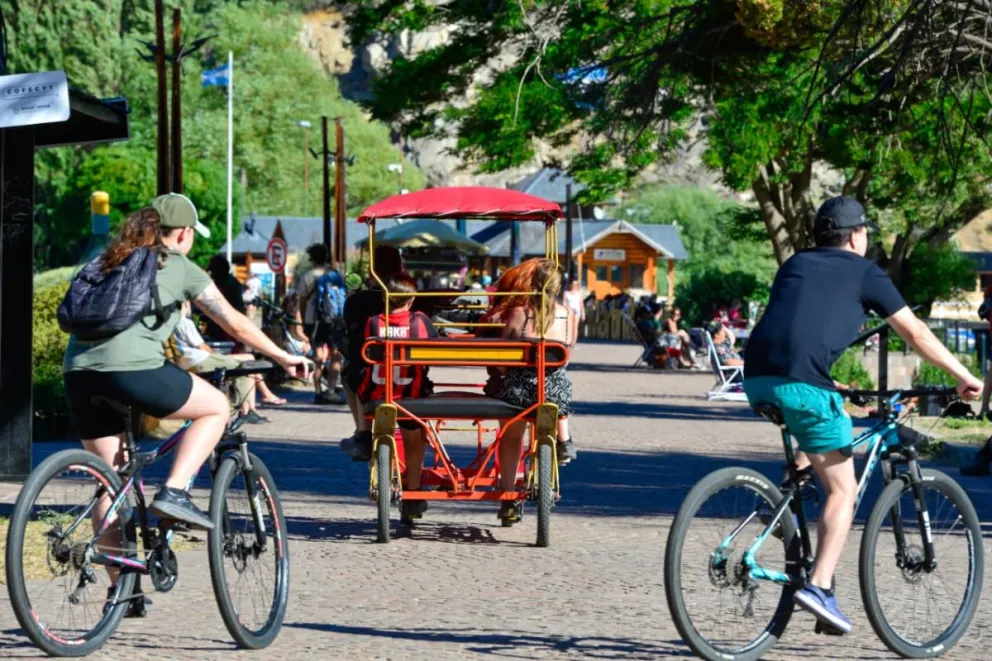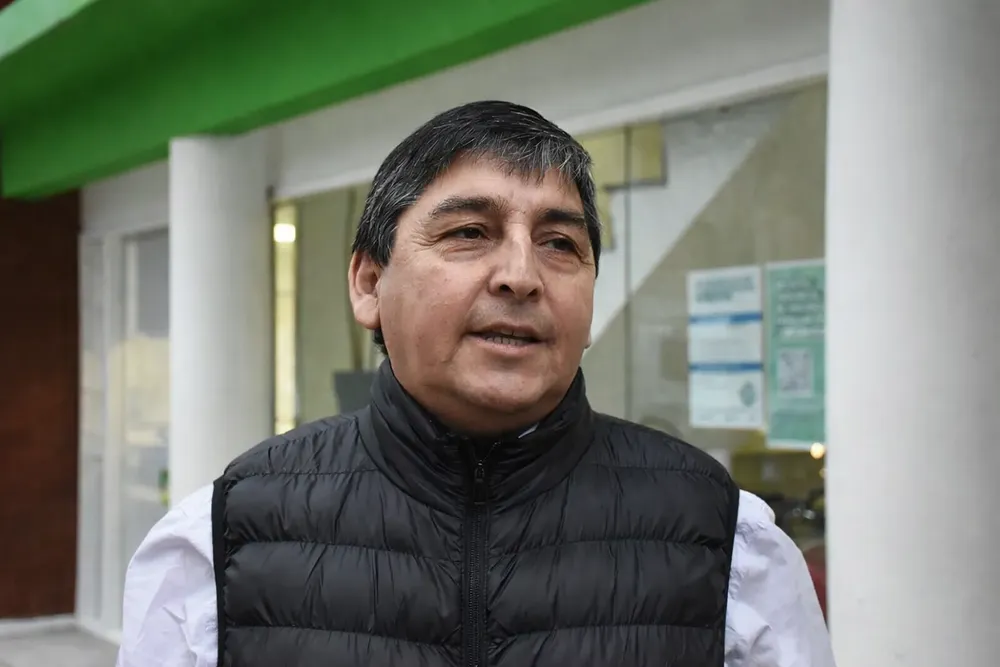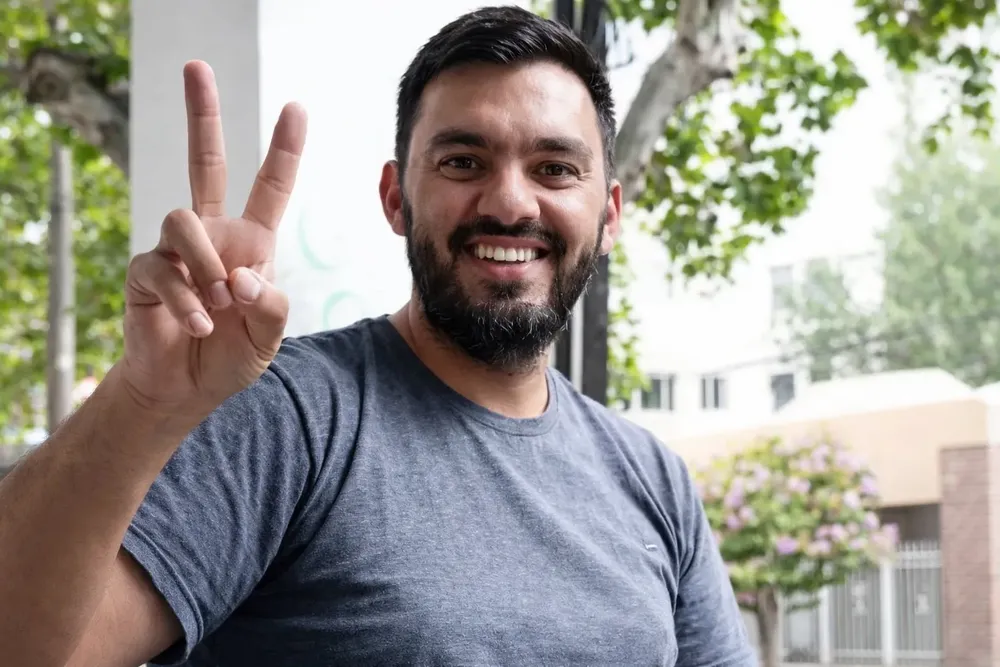
NeuquenNews
HORÓSCOPO CHINO18/01/2026Domingo de integración profunda, verdad emocional y preparación silenciosa para lo que viene. El domingo 18 de enero de 2026 propone una energía de síntesis interior. No es un día para forzar conclusiones ni para adelantarse a la semana siguiente, sino para entender qué dejó lo vivido, qué se acomodó y qué todavía pide atención, pero sin urgencia.

Neuquén Noticias
ACTUALIDAD17/01/2026Las ráfagas podrían alcanzar los 60 km/h, en una jornada marcada por el descenso de la temperatura y el cielo con intervalos de sol y nubes.

Neuquén Noticias
17/01/2026El proceso iniciado en noviembre de 2025 culminará con una asamblea en febrero. Alcanza a casi 50 docentes que podrán titularizar por primera vez en su modalidad y beneficia a más de 200 estudiantes con continuidad pedagógica y consolidación institucional.

Neuquén Noticias
MEDIO AMBIENTE17/01/2026Un estudio de la Universidad de Granada concluye que la energía del oleaje y el viento marino offshore presentan los mejores indicadores ambientales y termoeconómicos para la producción de hidrógeno verde, y abre una nueva ventana de inversión en tecnologías marinas dentro de la transición energética global.

Neuquén Noticias
TURISMO Y DESTINOS17/01/2026En las primeras 48 horas de implementación se registraron más de medio centenar de operaciones y un importante volumen de reintegros para el turismo interno.

Neuquén Noticias
MEDIO AMBIENTE17/01/2026El ámbito judicial “prohibió cualquier otra recolocación de carpinchos hasta el estudio de impacto ambiental acumulativo”.

NeuquenNews
REGIONALES17/01/2026El secretario general de ATE Neuquén, Carlos Quintriqueo, acusó al Ministerio de Energía de violar el CCT y la Ley 3373, al impulsar nombramientos de “amigos y familiares”. Según publicó Neuquén Web, las incorporaciones se habrían concentrado en Hidrocarburos y el sindicato evalúa medidas legales y gremiales.

NeuquenNews
POLÍTICA17/01/2026La convocatoria a elecciones internas del Partido Justicialista en Neuquén, previstas para el 15 de marzo, abrió algo más que un cronograma partidario: reactivó una discusión de fondo sobre conducción, legitimidad y representación. En ese escenario, la voz del dirigente gremial César Godoy irrumpe como síntoma y como desafío a una forma de hacer política que parece haber agotado su recorrido.

Neuquén Noticias
ACTUALIDAD - POLICIALES17/01/2026El accidente ocurrió este sábado por la mañana en la zona de Pampa de Alicurá. El auto dio varios tumbos y los ocupantes, todos mayores de edad, fueron asistidos por Bomberos, Salud y Policía.

NeuquenNews
INTERNACIONALES17/01/2026El aumento de la violencia institucionalizada por el Estado bajo la administración de Donald Trump —especialmente a través de ICE— ha llevado a un punto de ruptura en el tejido social de Estados Unidos. Denuncias de abusos, muertes bajo custodia, represión de movilizaciones y la militarización de la aplicación de leyes migratorias explican por qué reaparecen discursos y prácticas similares a las del movimiento original de las Panteras Negras. Un análisis claro de hechos y patrones documentados.
